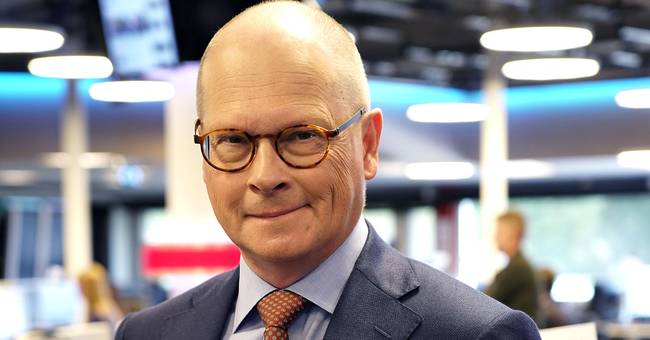Tomorrow Wednesday, a number of stricter restrictions will be introduced to slow down the spread of infection in Sweden.
Among other things, restaurants are forbidden to be open after 11 pm and a ceiling for public gatherings is set at 500 people if covid certificates are used.
Otherwise, 50 people is the maximum.
But now there is obviously a definite end to the consensus between the parties on how the pandemic should be handled in the future.
Already yesterday, the Center Party directed strong criticism at the new covid restrictions.
The Center Party called them, among other things, a "collective punishment" of those who have already been vaccinated.
L intends to vote no
Today, it is the Liberals who harshly criticize the government's actions.
The government does not know which measures are slowing down the spread of infection, says party leader Nyamko Sabuni to Svenska Dagbladet.
Therefore, the Liberals want the Riksdag to take back the right to decide on continued possible restrictions.
In practice, this means that the Liberals will vote no to an extension of the pandemic law.
It expires after the month of January and the Riksdag will soon vote on an extension to May, which the government has requested.
The Liberals are one of the smaller parties in the Riksdag and can of course not stop this Riksdag decision on their own.
Should more parties side with the Liberals, the situation could change.
SD and C critical
One party that wants to limit the government's power in the issue is the Sweden Democrats.
The party wants the government not to be able to decide on its own on extensive restrictions or closures.
Only the Riksdag should be able to make such decisions, says SD.
Several consultative bodies have previously criticized the extended pandemic law.
The Ombudsman (JO) has, for example, warned that too far-reaching powers are transferred from the Riksdag to the government.
The Bar Association wants the consequences for, among others, individual and affected companies to be further investigated.
The Center Party is deeply critical of the stricter restrictions and party leader Annie Lööf believes that it is wrong to restrict the freedom of vaccinated people.
There are also similar tones within the Moderates, for example.
Many already vaccinated
Criticism of the tightened restrictions is largely based on the high vaccination rate in Sweden.
Because so many Swedes are vaccinated and would probably only get milder symptoms of infection, there are, according to critics, sufficient reasons to tighten the restrictions for them as well.
However, the government believes that tougher restrictions are necessary to slow down the spread of infection.
But the news in recent days is also about political signals.
Andersson goes the other way
When the pandemic broke out in Sweden in 2020, the government was repeatedly criticized for acting too late and with too soft measures.
Obviously, Prime Minister Magdalena Andersson (S) has decided to go another way.
She does not want to be accused afterwards of having done too little and too late.
The risk she, on the other hand, runs with the track she has now chosen is that the Riksdag says no to key parts of the pandemic law.
The government's minority position in the Riksdag can be a problem for Andersson here.
In addition, there are several parties that, for various reasons, like to give the government a nod.

